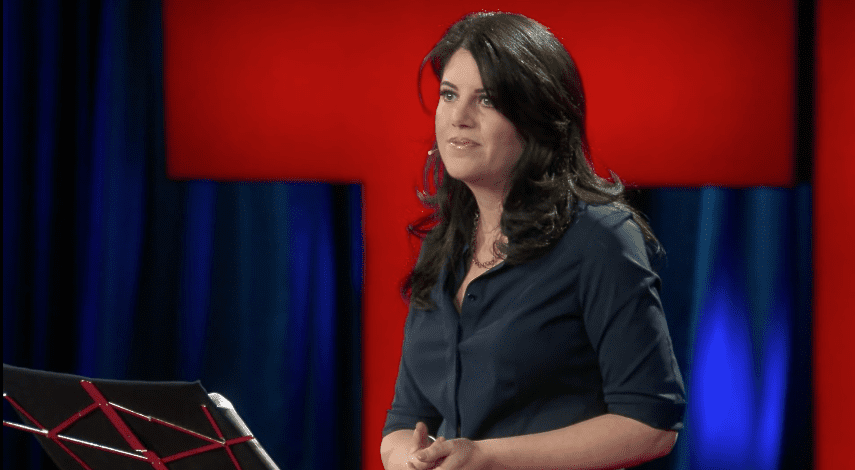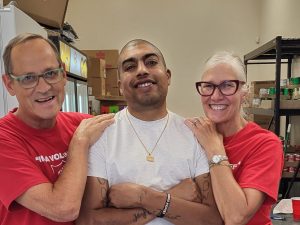Monica Lewinsky says she was patient zero, and is out to bring awareness to the viral problem.
Though we know the name well, we haven’t heard from Monica Lewinsky directly—until now.
White House intern made famous by an affair with the president, Lewinsky says she has spent the past decade trying being reclusive, leaving the country and finding a job. Now, she’s taking a stand to help victims of Internet shaming.
She first wrote an article for Vanity Fair last June about her experience and naivety, specifically harkening back to a filming for an HBO documentary.
“One of the unintended consequences of my agreeing to put myself out there and to try to tell the truth had been that shame would once again be hung around my neck like a scarlet-A albatross,” she wrote.
In a recent appearance at TED2015, Lewinsky addressed her indiscretions with the clarity of hindsight.
“This scandal was brought to you by the digital revolution. We could access all the info we wanted, when we wanted it, anytime, anywhere,” she said. “I was patient zero of losing a personal reputation on a global scale almost instantaneously. It was before social media, but people could still comment online, email stories, email cruel jokes.”
Today, we call this cyberbullying, and Lewinsky is out calling for a cultural revolution on what has become a viral problem resulting in embarrassment to suicide.
In 2014, 25 percent of teenagers reported that they have experienced repeated bullying via their cell phone or online and more than half of those surveyed said that they never confide in their parents when cyber bullying happens to them.
“The more shame, the more clicks, the more advertising dollars,” Lewinsky said. “The more we click on this kind of gossip, the more numb we get to the human lives behind it.”
You can join campaigns to stop bullying, from Stomp Out Bullying to the Kind Campaign.
Not limited to cyberbullying, the Kind Campaign acknowledges the bullying of girls, specifically toward other girls. “It’s hard enough to accept ourselves for who we are, let alone accept the perceptions and judgments that other girls have of us,” the site reads.
The campaign recently released a documentary, “Finding Kind,” featuring two girls and their mothers traveling across America to interview hundreds of females about the “mean girl” phenomenon.
“Public shaming as a bloodsport has to stop,” Lewinsky said. “We need to return to a long-held value of compassion and empathy.”












